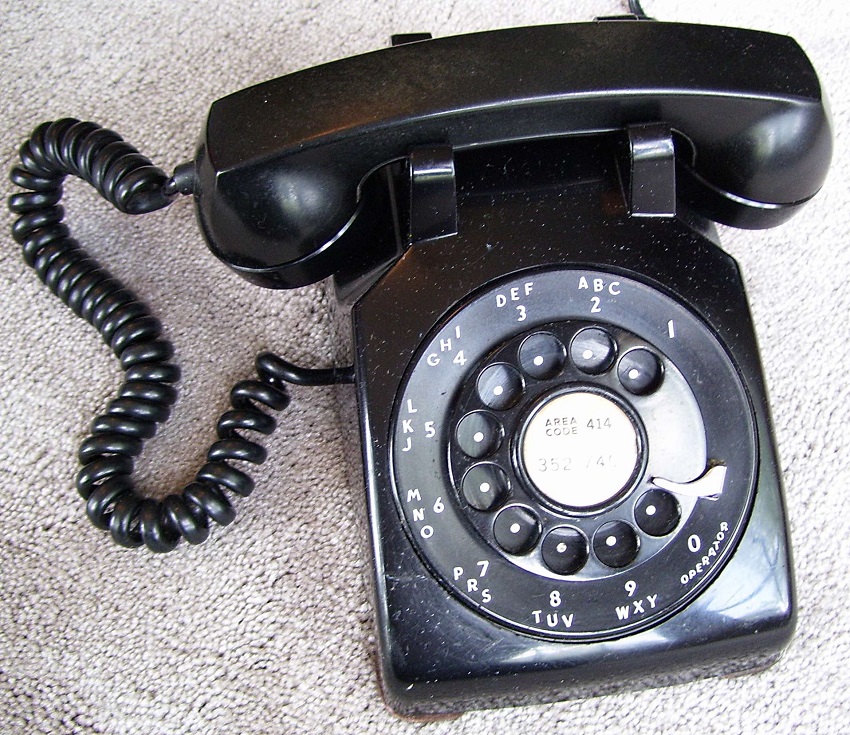The analog phone system is one of the oldest systems, but it is also one of the most reliable. Its ability to handle large numbers of calls without compromising on quality has made it so popular.
Better sound quality
A traditional analog phone system delivers a more prosperous and precise sound than its digital counterpart. Its use has been around for quite some time. These systems are usually associated with a Private Branch Exchange (PBX) system. This system connects many internal extensions with the outside world.
One of the most incredible things about an analog phone is its range. Theoretically, a single telephone line can carry a person from door to door without too much trouble. Unfortunately, however, the copper wires that make up an analog phone line are subject to various unforeseen factors, such as weather, the quality of the cable, and so on. The result is a less-than-stellar telecommunications experience.
In the grand scheme, it’s not surprising that a digital system would produce better sound. For instance, a home phone might boast a redial button, while an office phone might feature a call transfer button. But, the best way to enjoy your phone line is by having a clear telephone line and a solid internet connection.
Reliability
Analog phones are still used in many places, including in hotels and healthcare facilities. However, with the proliferation of digital solutions, businesses are moving away from legacy analog infrastructure. A hybrid VoIP PBX model can be a cost-effective way to upgrade without incurring the expense of a total forklift upgrade.
Getting the correct system is essential. The best phone system for your needs will fit your budget and meet your business’s specific requirements. Consider installation costs, the type of endpoints you want, and the type of telecommunications network you are looking for.
There are several benefits to having an analog system, but if you are a small business that relies on a fixed number of lines, you may be paying more than you should for traditional telephone service. In addition, analog systems are limited in terms of expansion.
Scalability
One of the more expensive aspects of a traditional phone system is long-distance charges. Fortunately, VoIP services can help eliminate these costs. It’s also easy to add more lines, accommodating a growing workforce.
In terms of scalability, an analog system will always be more flexible than a digital one. Even the slightest alterations to a landline can prove costly. The same holds for adding phone lines to your VoIP system.
The best part is that a scalable VoIP system can easily scale your business. A cloud-based solution makes this possible. In addition, it has many other benefits, such as automated upgrades and maintenance.
A scalable phone system has the potential to revolutionize the way your business communicates. F
Cost
The cost of an analog phone system is determined by the size of your company and the features you wish to include in the system. You should also evaluate the system’s ongoing maintenance expenditures.
Businesses have used analog phone systems for many years. They provide a simple, reliable, inexpensive way to communicate with other people. They can be vulnerable to power outages, downed wires, and weather conditions.
An analog phone system’s main advantage is that it is easy to install. In addition, they are less expensive to maintain. When compared with digital phone systems, they can be more flexible.



